What springs to mind when you hear the word diva?
Mariah, who proudly owns the title? Beyoncé? Madonna?
You wouldn’t be wrong – but the word was coined long before our modern-day pop stars entered stage left.
A new exhibition titled Diva at London’s Victoria and Albert Museum is showcasing costumes, artefacts and images from a troupe of fabulous queens, beginning with opera singers and early silent film stars, and taking us through to today’s A-list celebrities.
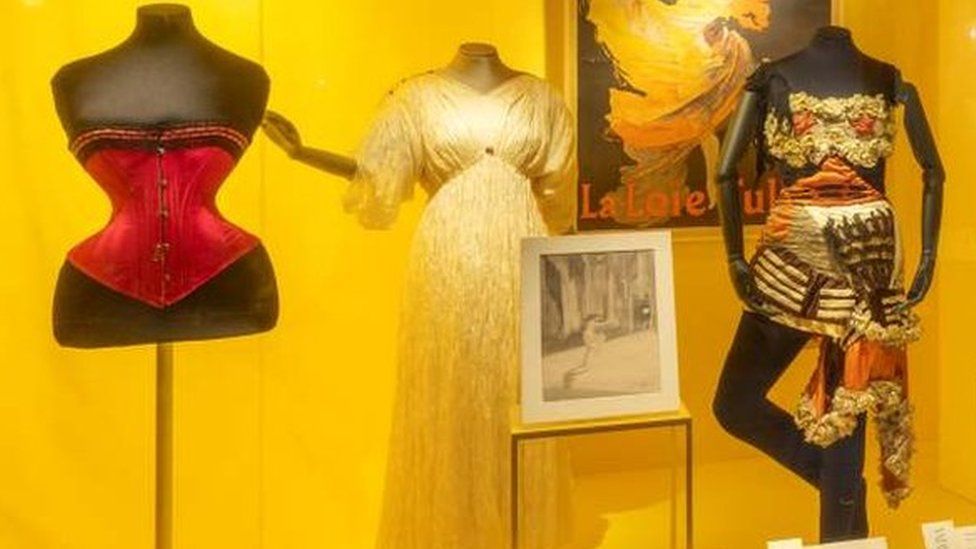
The original diva, which means “goddess” in Latin, referred to opera’s leading ladies, or prima donnas. Their success offered them an independence and agency that few women had at the time.
Later, stars of stage and screen, such as avant garde dancer Isadora Duncan, used their bodies as a medium for expression, moving away from restrictive corsets to flowing gowns (pictured above). The white silk dress was designed by Mariano Fortuny and was inspired by Greek drapery.
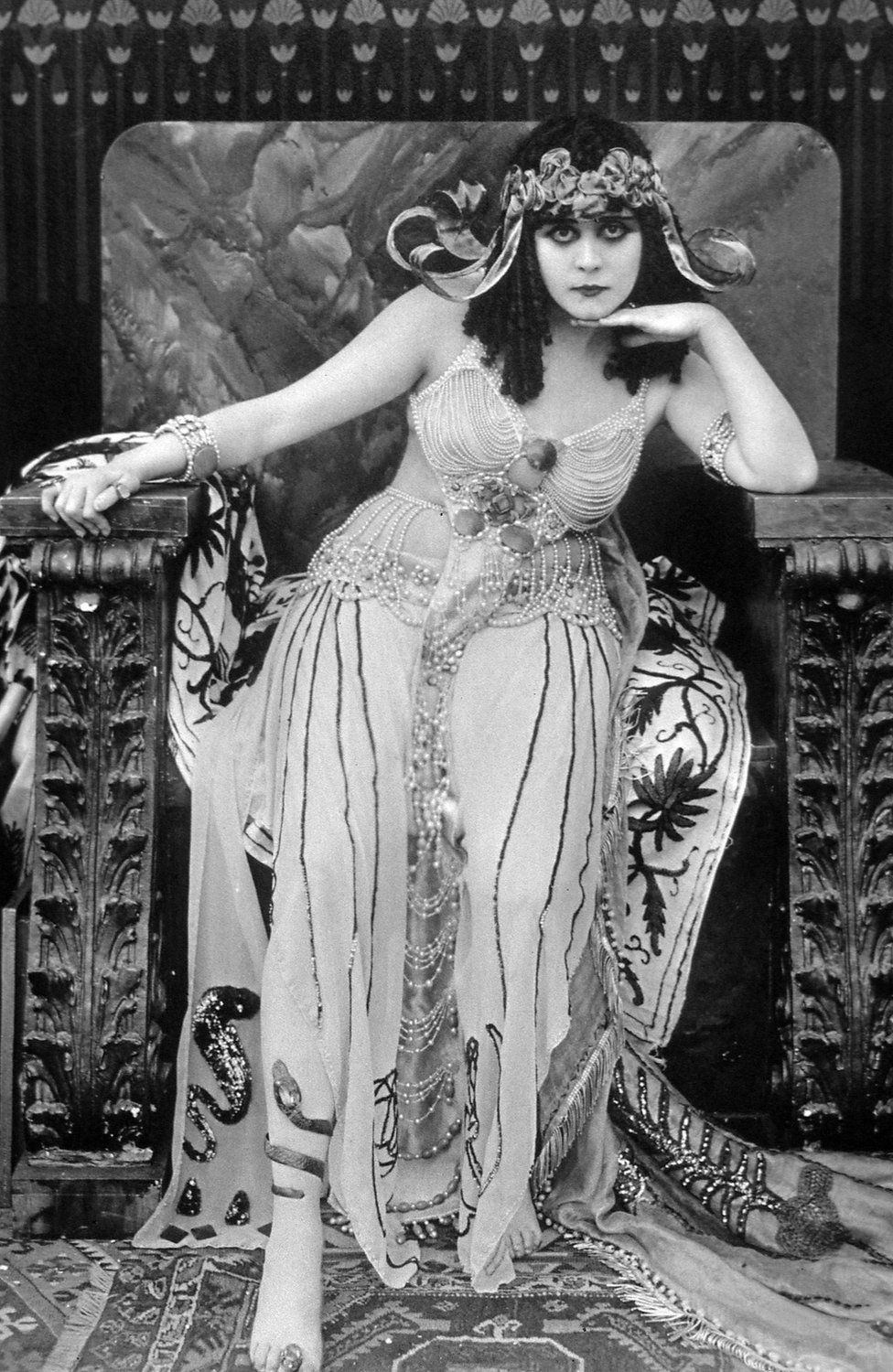
More exposure was offered to silent film’s femme fatales with the growth of the movie industry in the early 20th Century. This image shows Theda Bara, one of cinema’s early sex symbols, who starred in 1917’s Cleopatra. Playing up her vamp persona, Bara’s Cleopatra costume was risqué and revealing, combining a traditional Egyptian look with burlesque seduction.
It’s thought Bara designed her own costumes, perhaps inspired by her tailor father and wig-maker mother. The bulk of Bara’s films were sadly lost in a fire at Fox Studios’ vault in 1937.
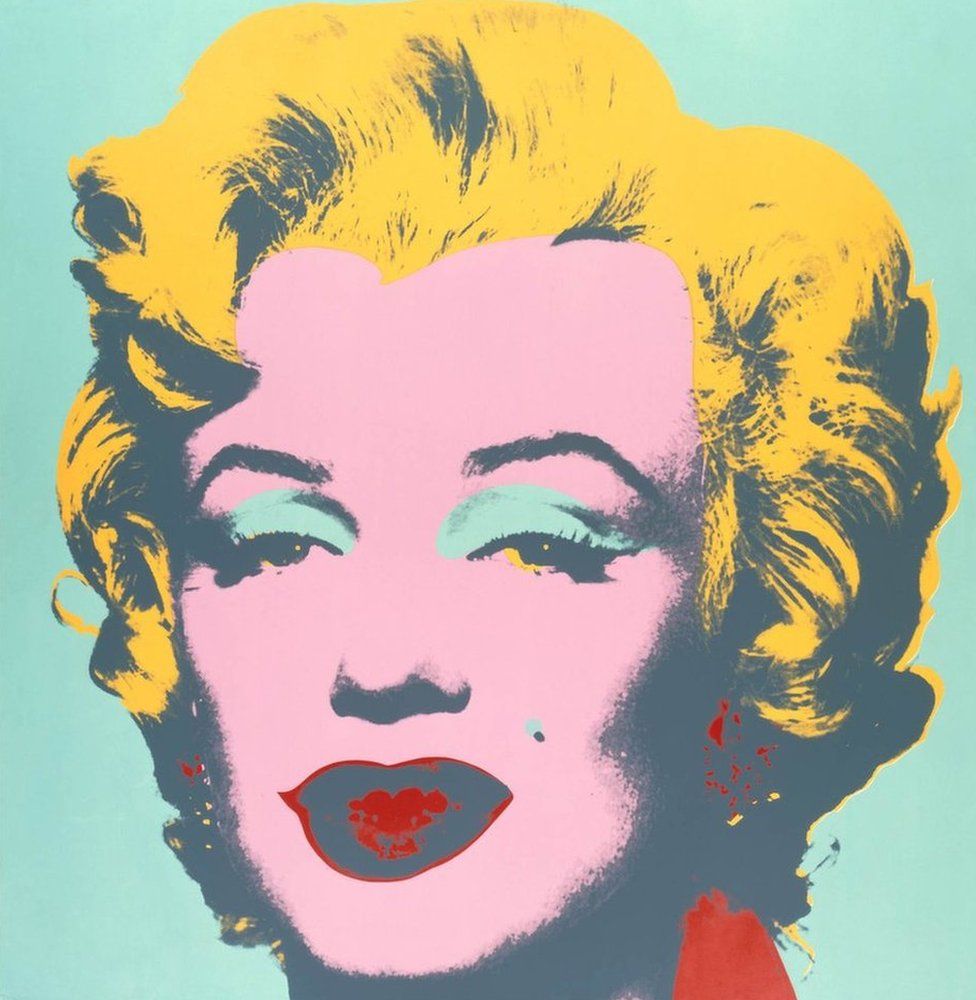
Later, Hollywood’s golden era saw the likes of Mae West, Katharine Hepburn, Bette Davis and Marilyn Monroe take the spotlight. Monroe once responded to accusations of diva-ish behaviour by saying: “People think that why I’m late is some kind of arrogance… I think it is the opposite of arrogance… I want to be prepared when I get there to give a good performance to the best of my ability.”
This 1967 Andy Warhol screenprint of the screen siren is on display, along with a black fringed dress from Some Like It Hot.
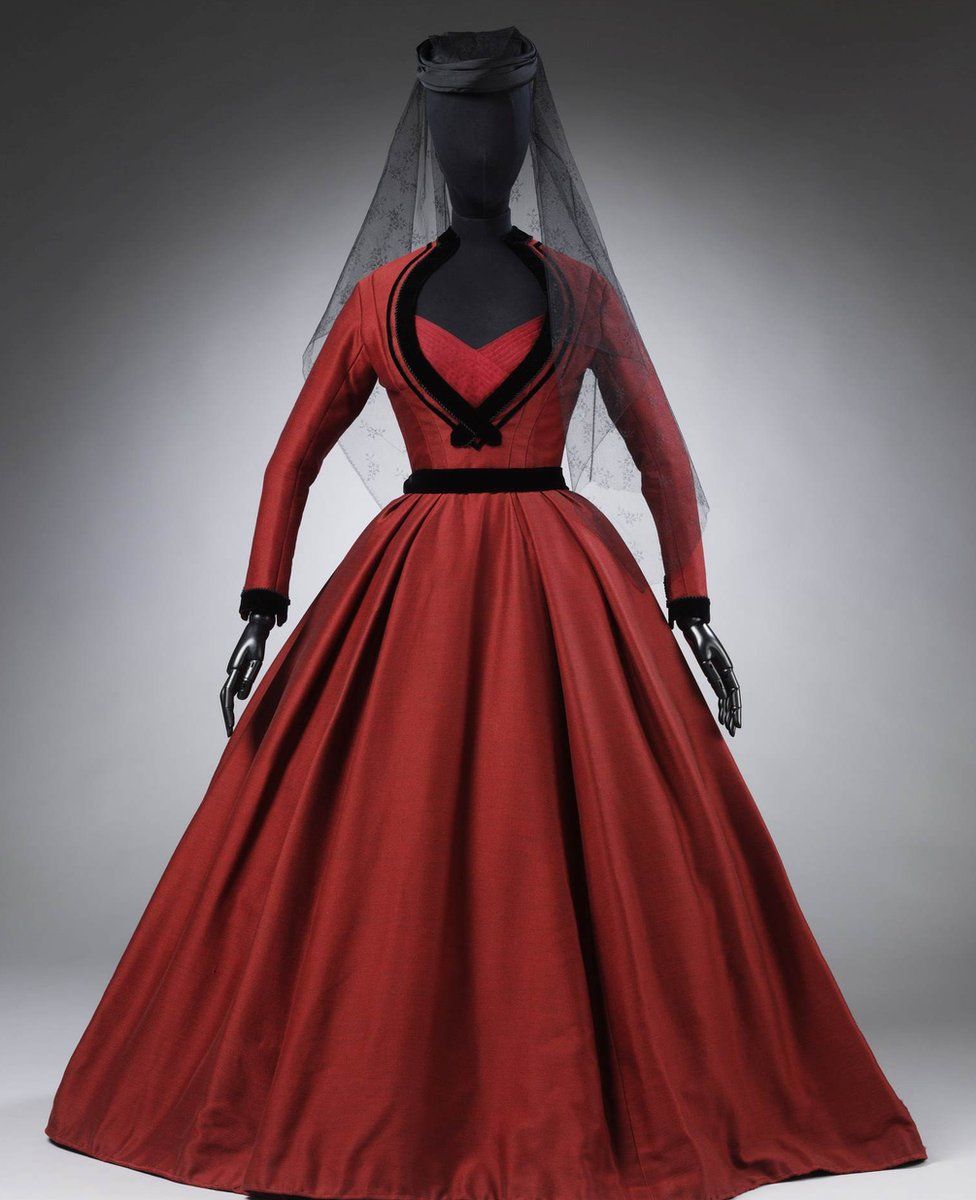
Designed by Christian Dior, this dress was worn by double Oscar winner Vivien Leigh in 1958. There were allegations of so-called diva behaviour on the set of Gone With the Wind, but her co-star Olivia de Havilland defended her in 2006, saying: “She had two great concerns: doing her best work in an extremely difficult role and being separated from Larry [her then husband, Laurence Olivier], who was in New York.”
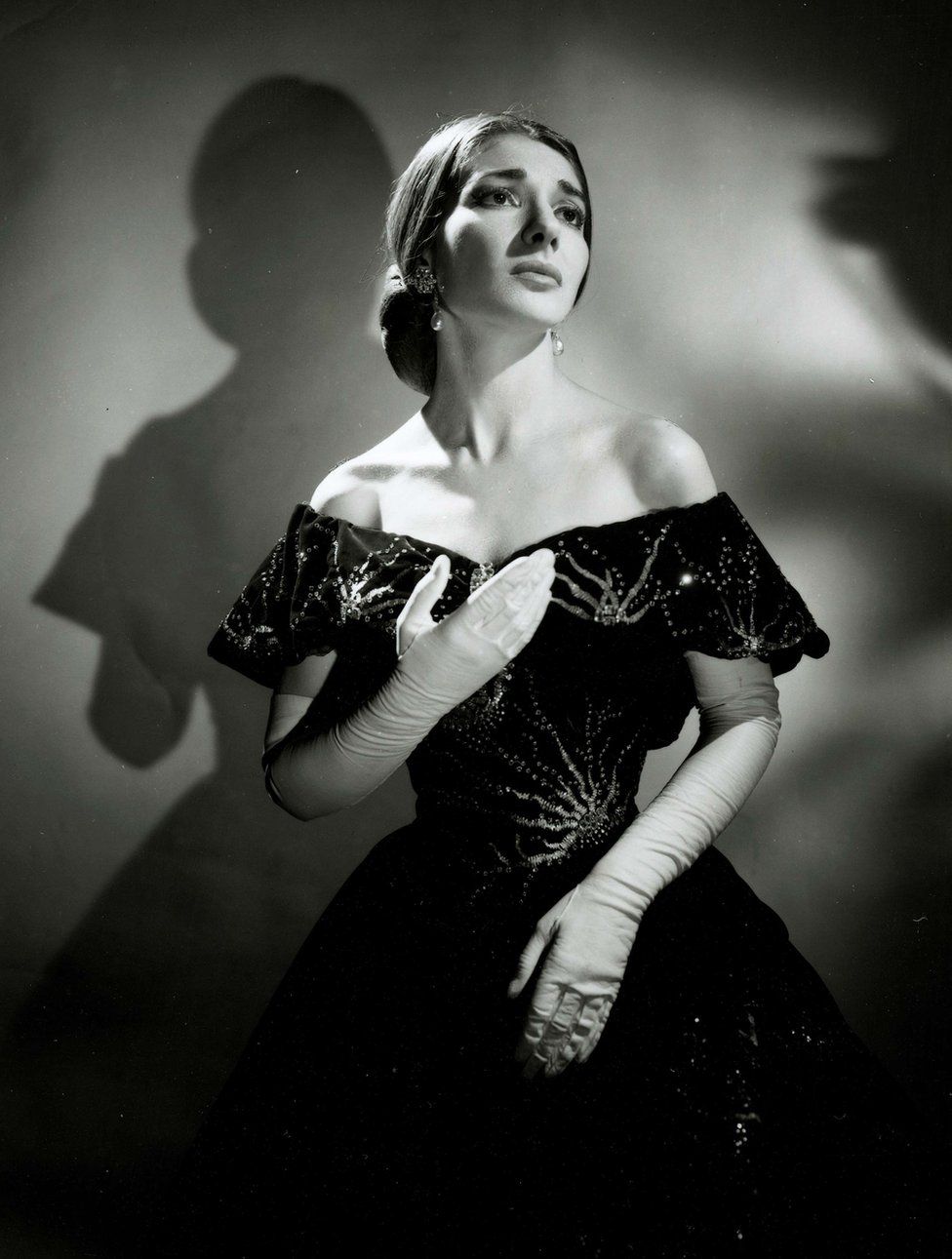
Meanwhile, modern opera divas continued to perform and command worship across the globe, with Maria Callas’s performances in works such Puccini’s Tosca and Verdi’s La Traviata becoming legendary in the arts world. The image above shows Callas as Violetta in the latter at the Royal Opera House in 1958, and is in the exhibition.
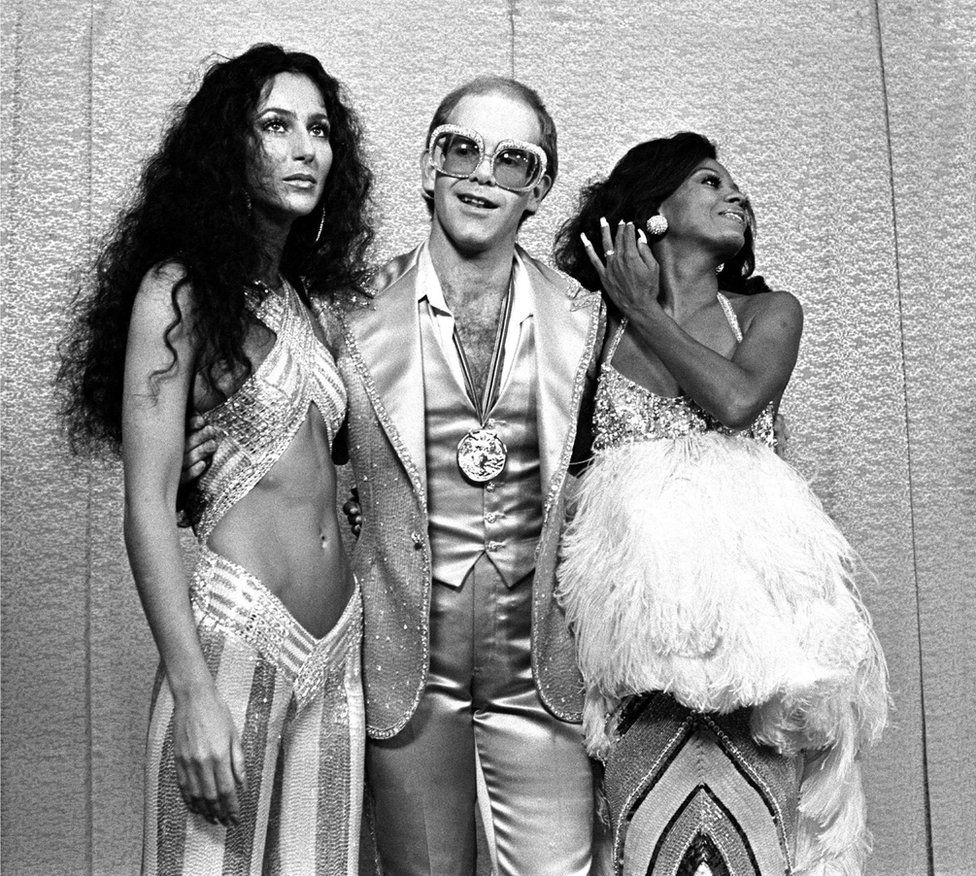
Since the 1960s, an age of sexual liberation and political activism, modern divas have built on the definition of the term and reinvented it. Cher, Sir Elton John and Diana Ross are pictured here at the Rock Awards at the Santa Monica Civic Auditorium, California, in 1975.
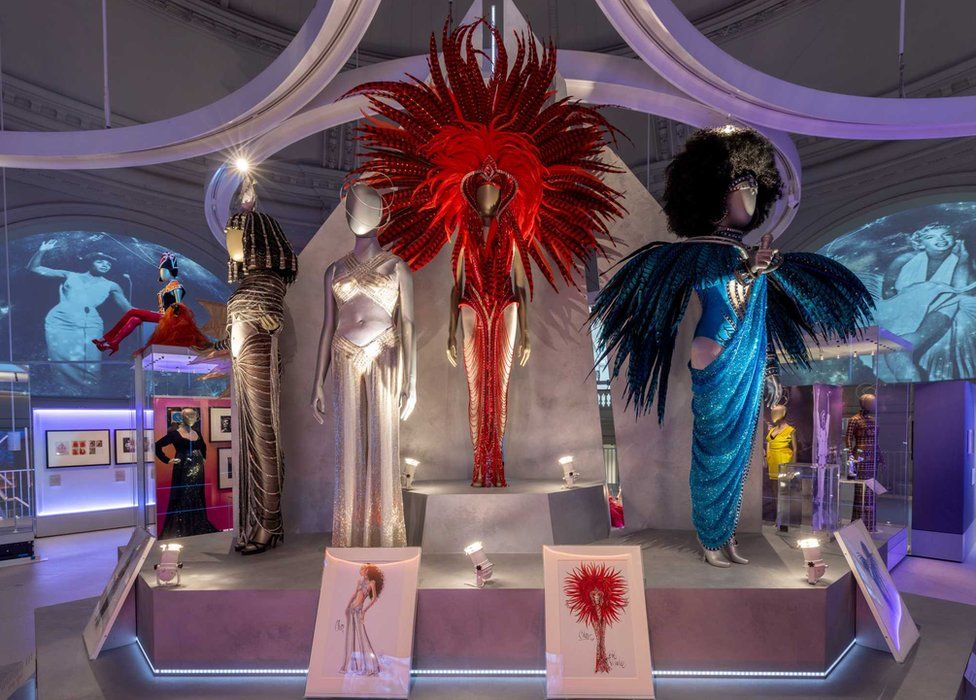
Cher’s stage costumes are never understated. During a concert in Los Angeles in 2002, the singer told the crowd to rapturous applause: “I have been a frickin’ diva for 40 frickin’ years!” Cher’s iridescent two-piece from the 1975 Rock Music Awards is pictured front left.
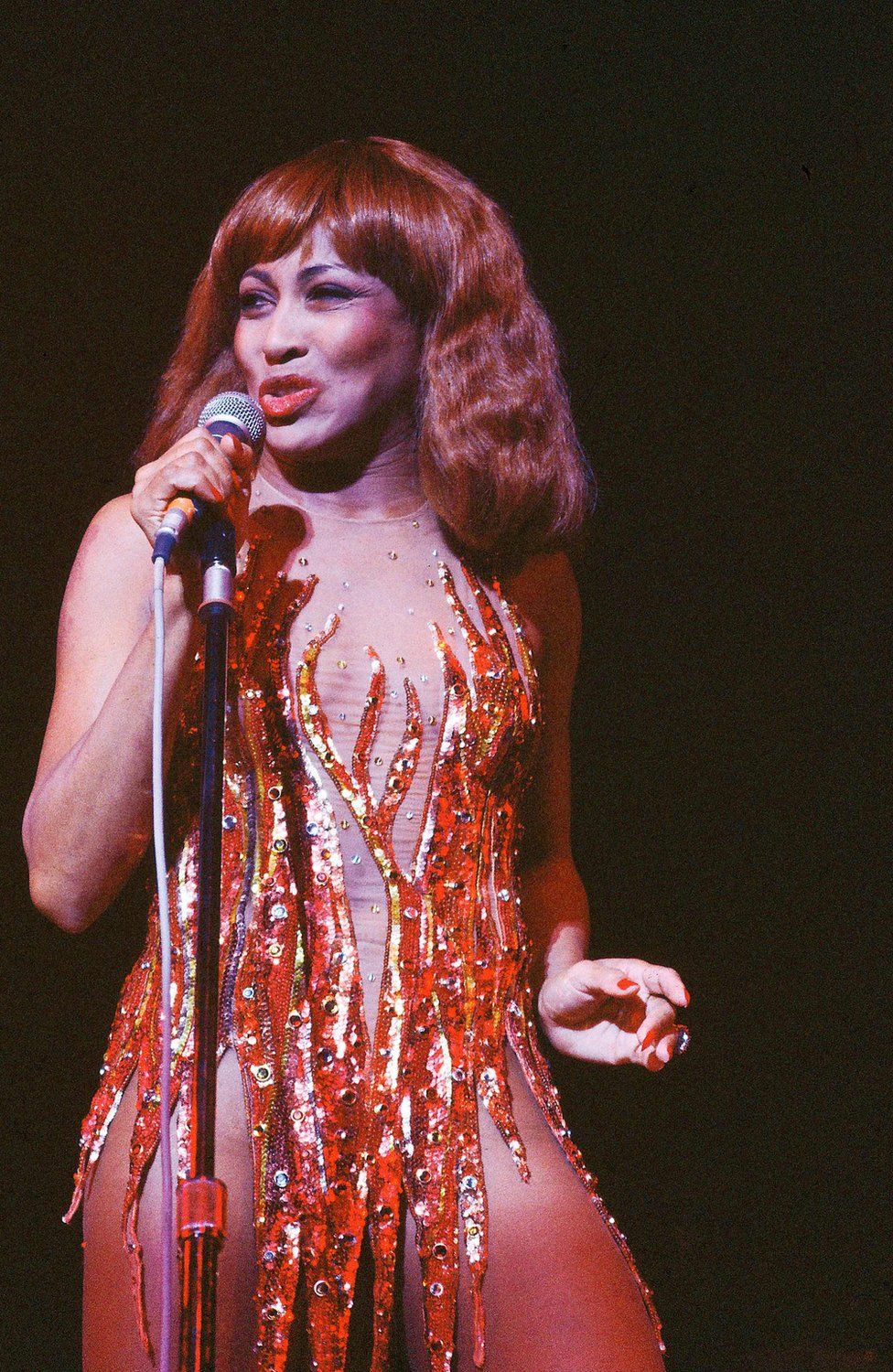
Tina Turner, who died last month, is also honoured in the exhibition. Her famous flame dress, designed by Bob Mackie, is on display. He also designed a similar dress for Cher, while other stars including RuPaul and Beyoncé have also gone on to wear versions of it. Beyoncé wore hers when she paid tribute to Turner at the Kennedy Center Honors in 2005.
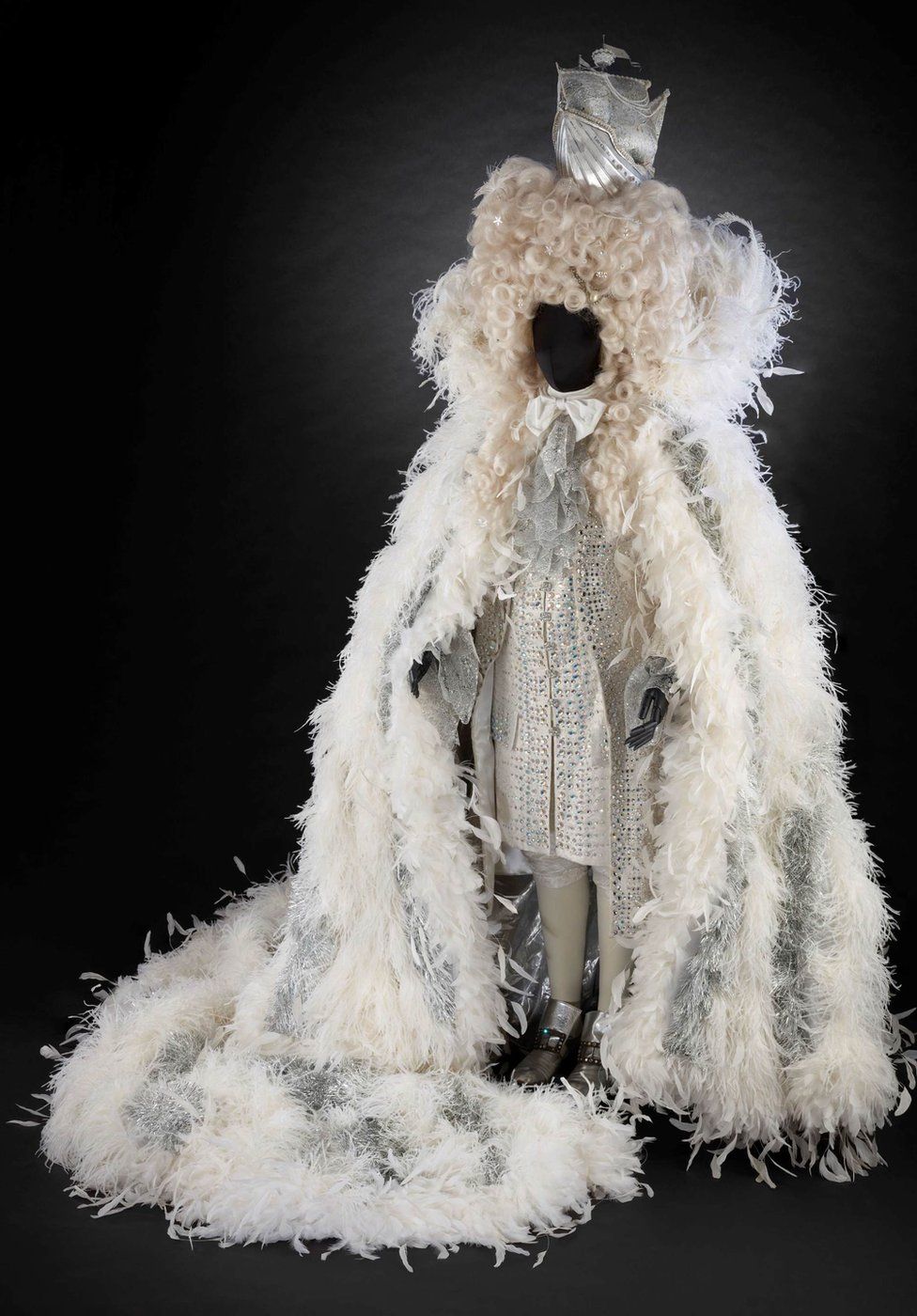
Sir Elton John’s 50th birthday look proves that divas don’t have to be female. The outfit was created by award-winning costume designer Sandy Powell. Inspired by Louis XIV, France’s decadent Sun King, it featured a huge wig and a 15ft (4.5m) train.
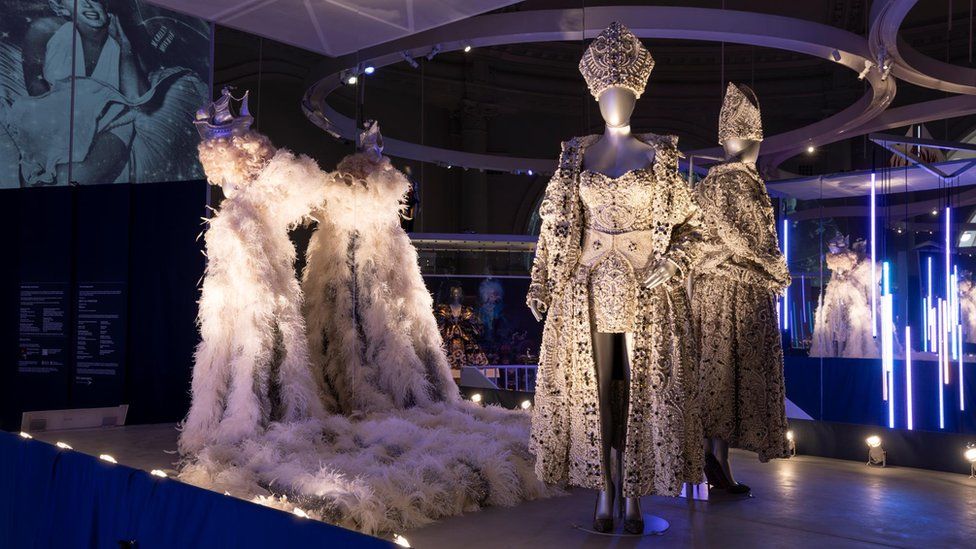
Pop star Rihanna’s Pope-inspired outfit from the 2018 Met Gala sits alongside Sir Elton’s costume.
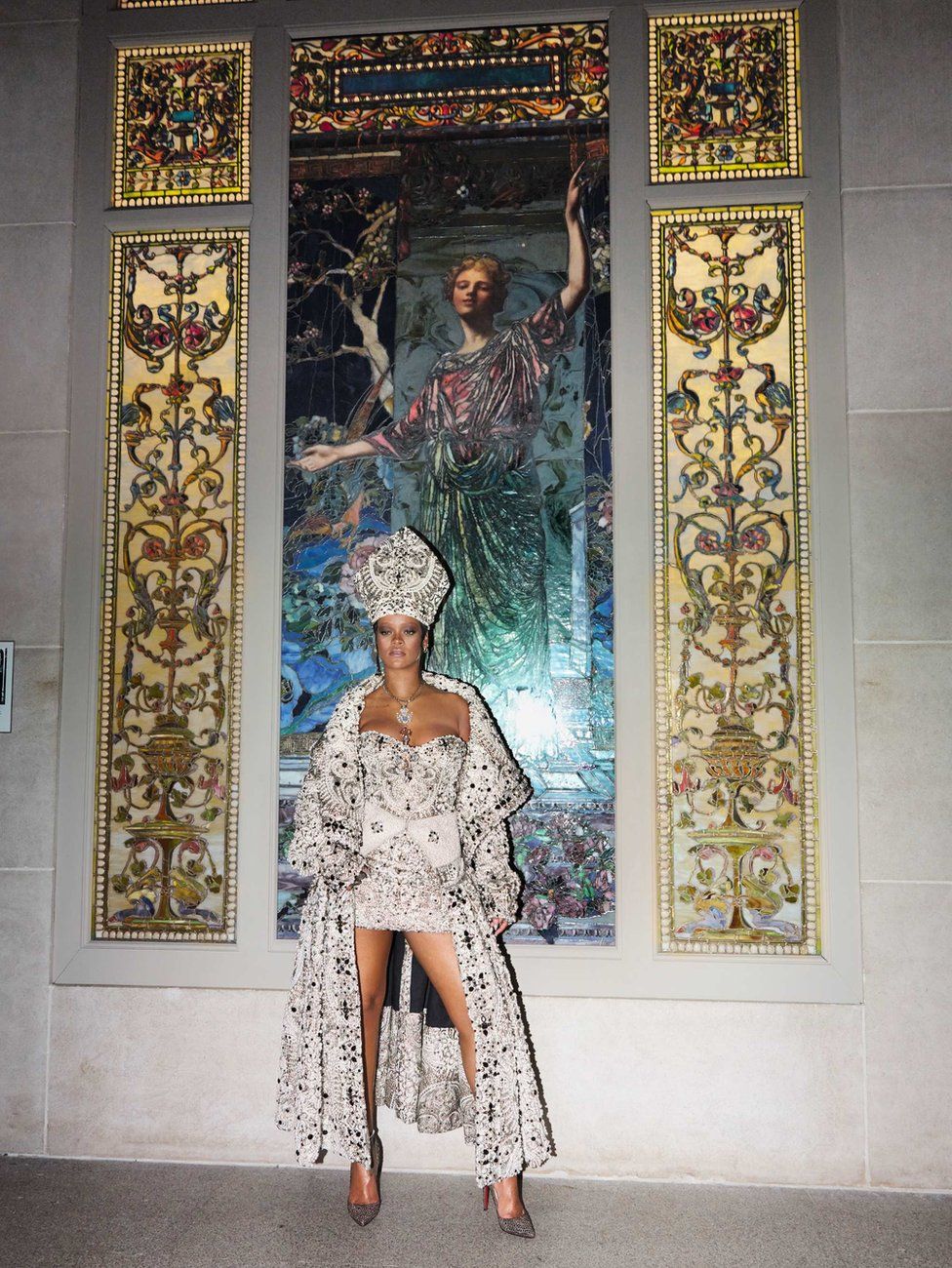
The ensemble, encrusted with pearls and jewels, was designed by Margiela. Harper’s Bazaar magazine said the singer had the winning outfit on fashion’s biggest night of the year.
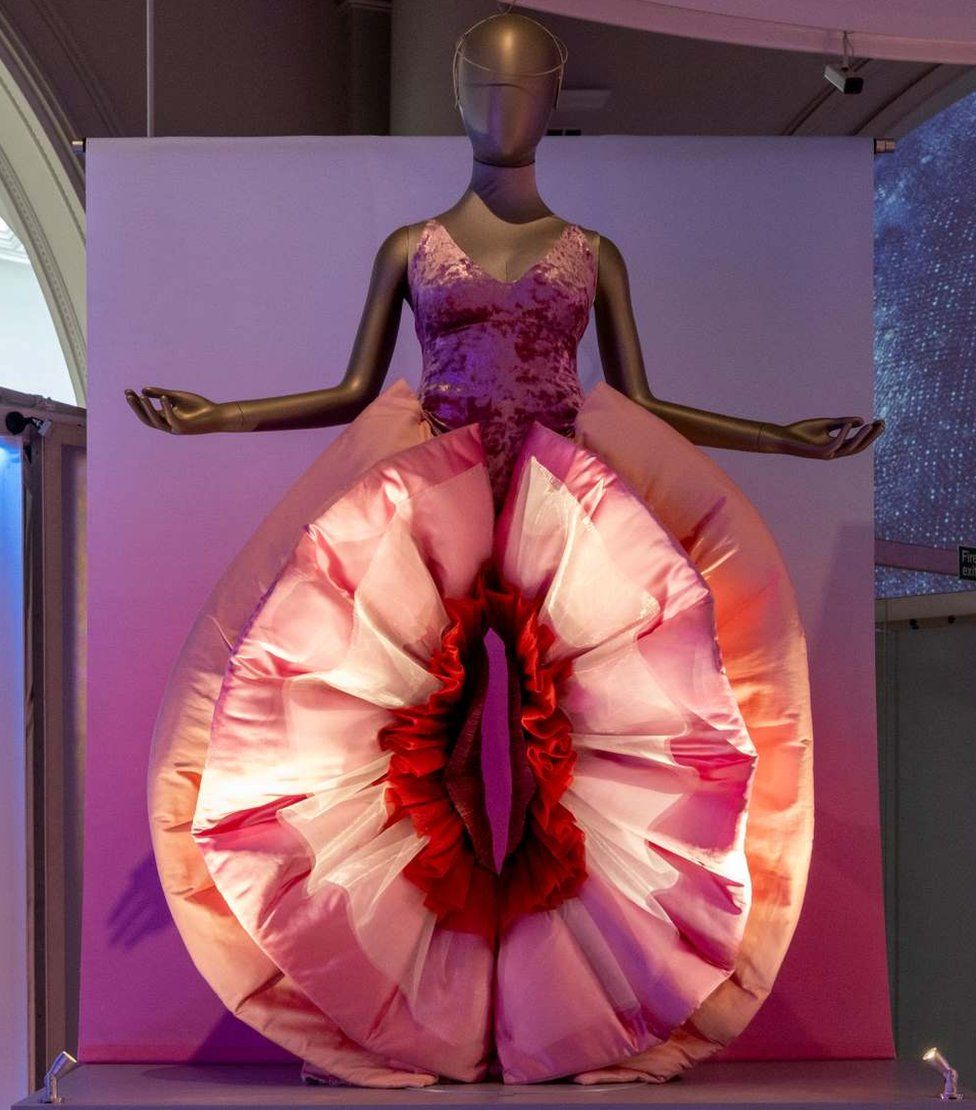
Janelle Monaé’s famous ‘vulva pants’, which she wore for the Pynk music video in 2018, are showcased at the exhibition. Designer Duran Lantink told BBC Minute the inspiration for the outfit was “empowerment of women, freedom of sexuality [and] equal rights”.
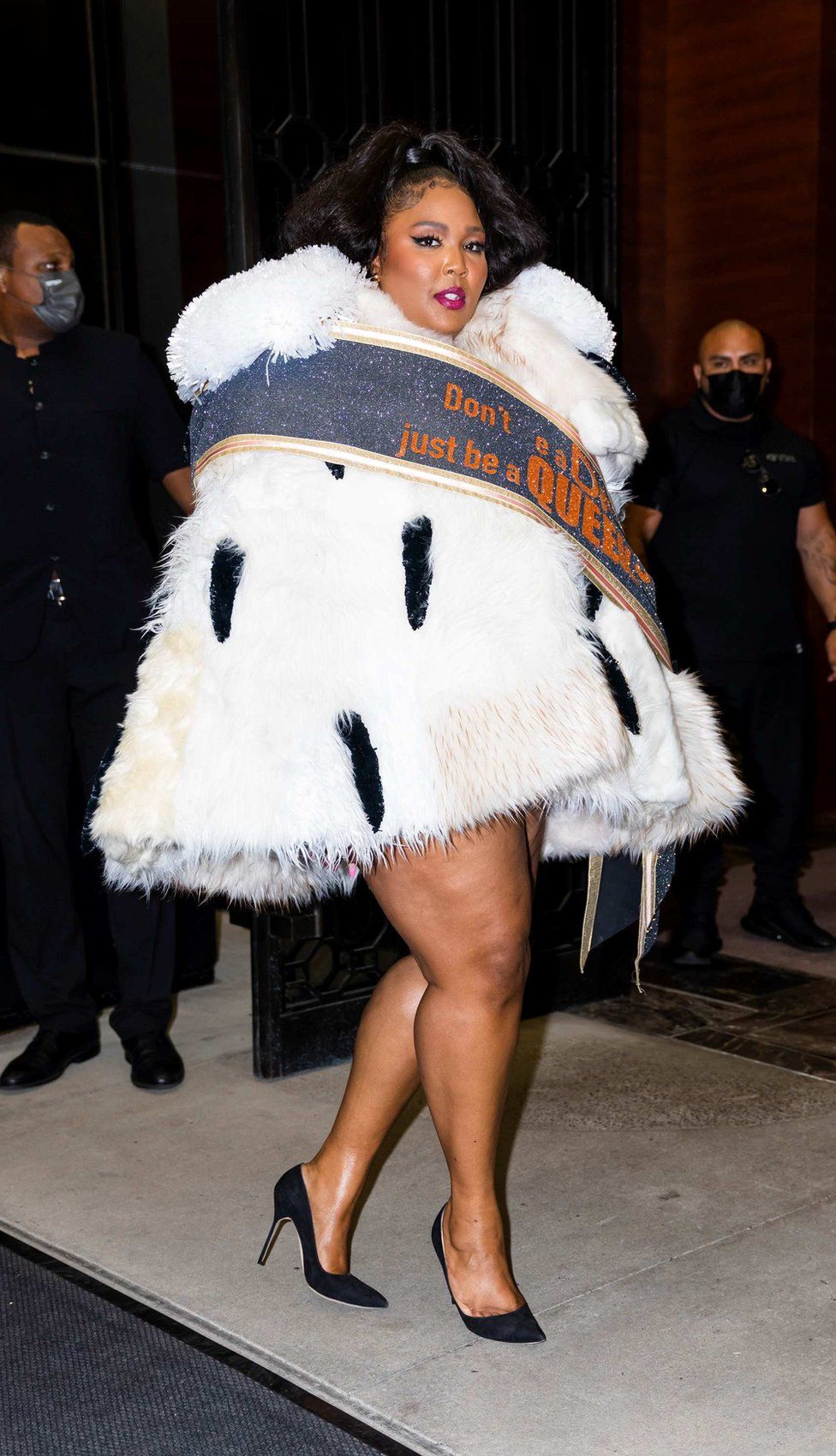
About Damn Time singer Lizzo’s faux ermine dress was worn with a sash embroidered with the words: “Don’t be a drag, be a queen.” It was designed by Viktor & Rolf, and can also be seen at the V&A.
A diva is someone who has “a strong sense of self, an attitude, and knowing how to use their voice”, lead curator Kate Bailey said.
“We really wanted to show that story… where they’ve given their voice to change, from activism to global feminism. So it’s a sort of celebration of that side of the diva as well as the feathers and the sequins.”
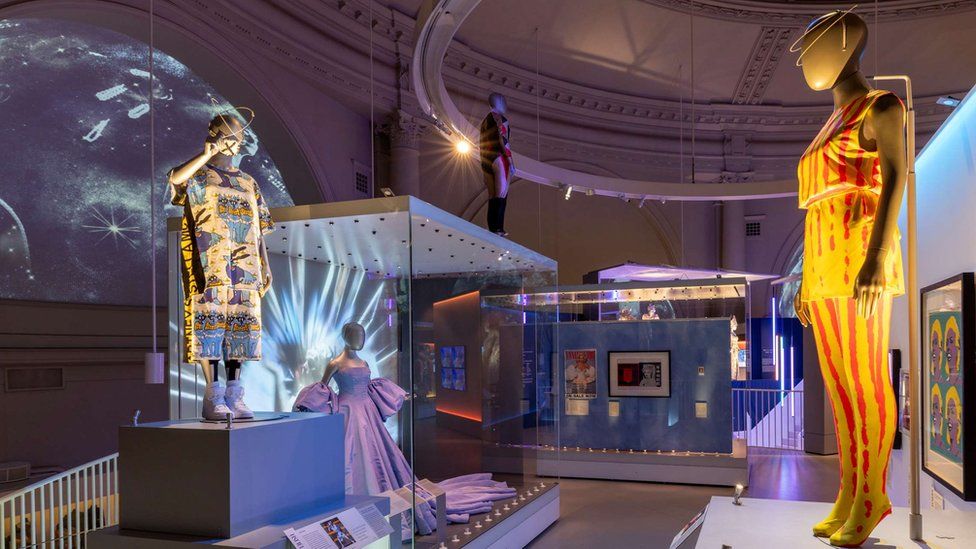
This image shows stage outfits from Billie Eilish (left) and Blondie (right). The exhibition also features costumes and memorabilia from Lil Nas X, Amy Winehouse, Prince, Aretha Franklin, Doja Cat, Dame Shirley Bassey, Whitney Houston and more.
DIVA opens at the V&A in London on 24 June and runs until 7 April 2024.















































